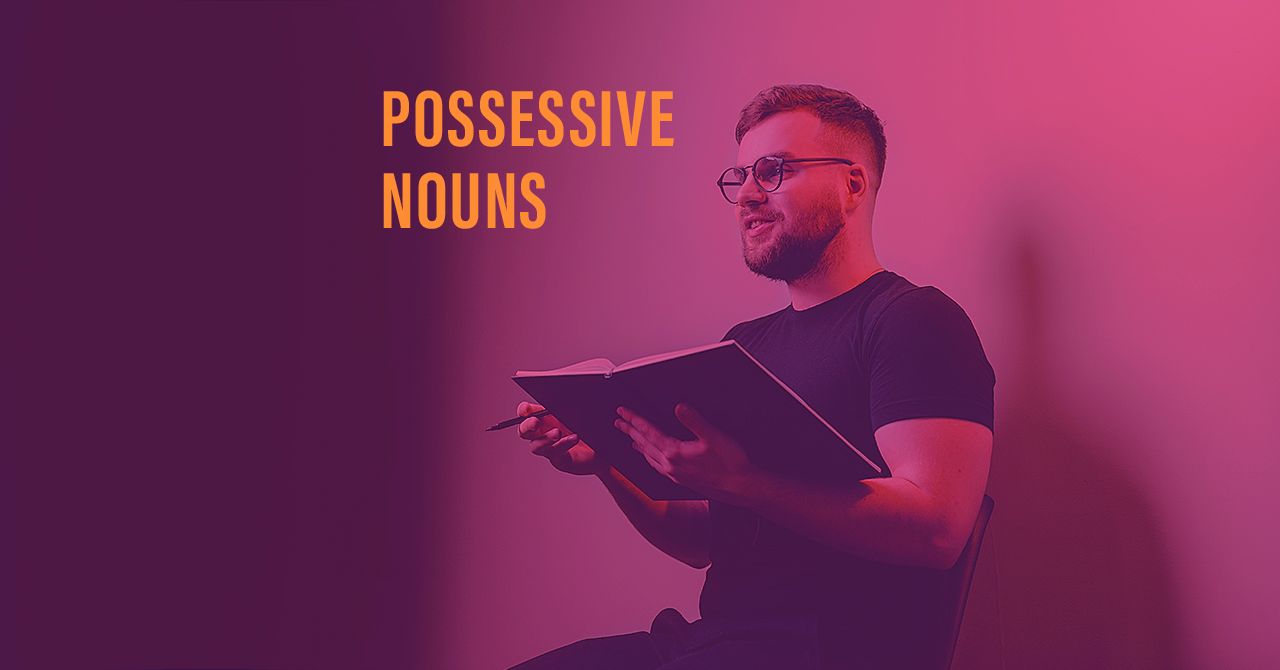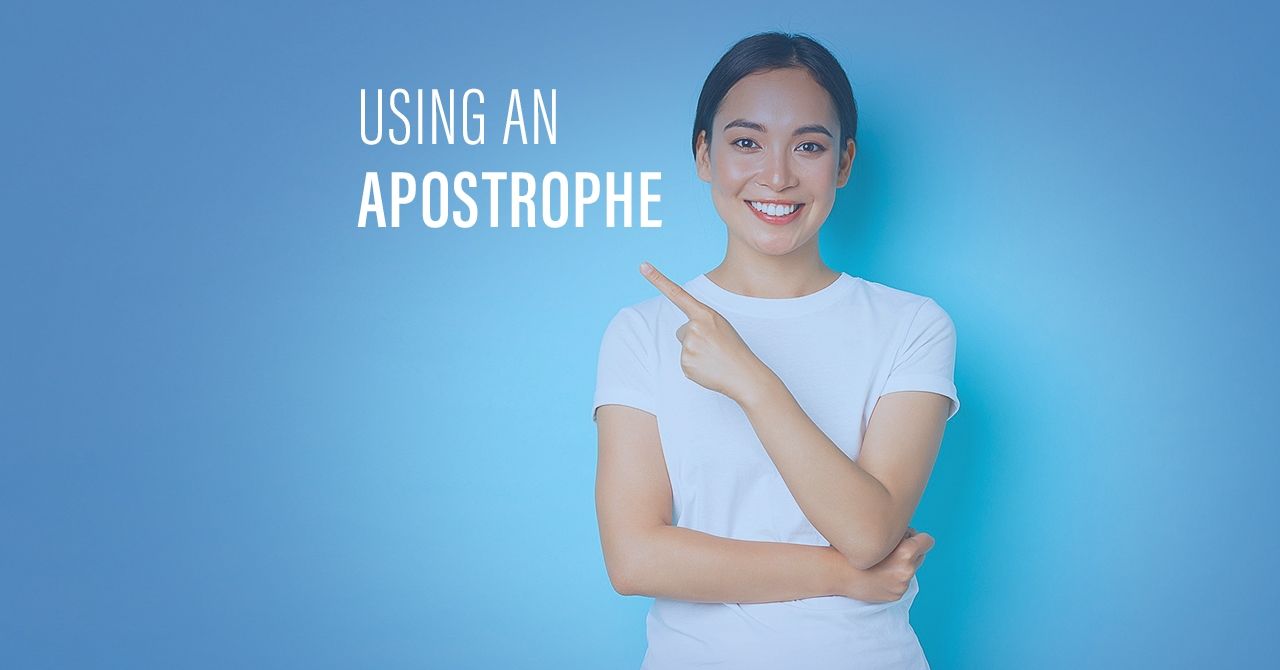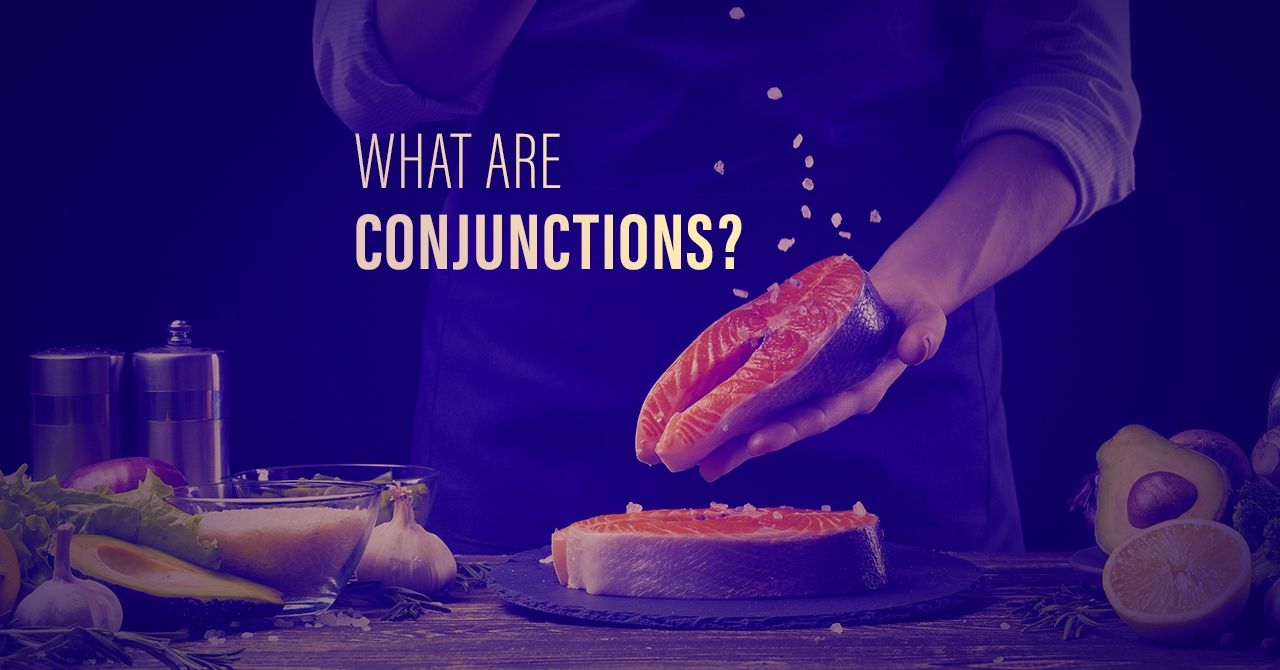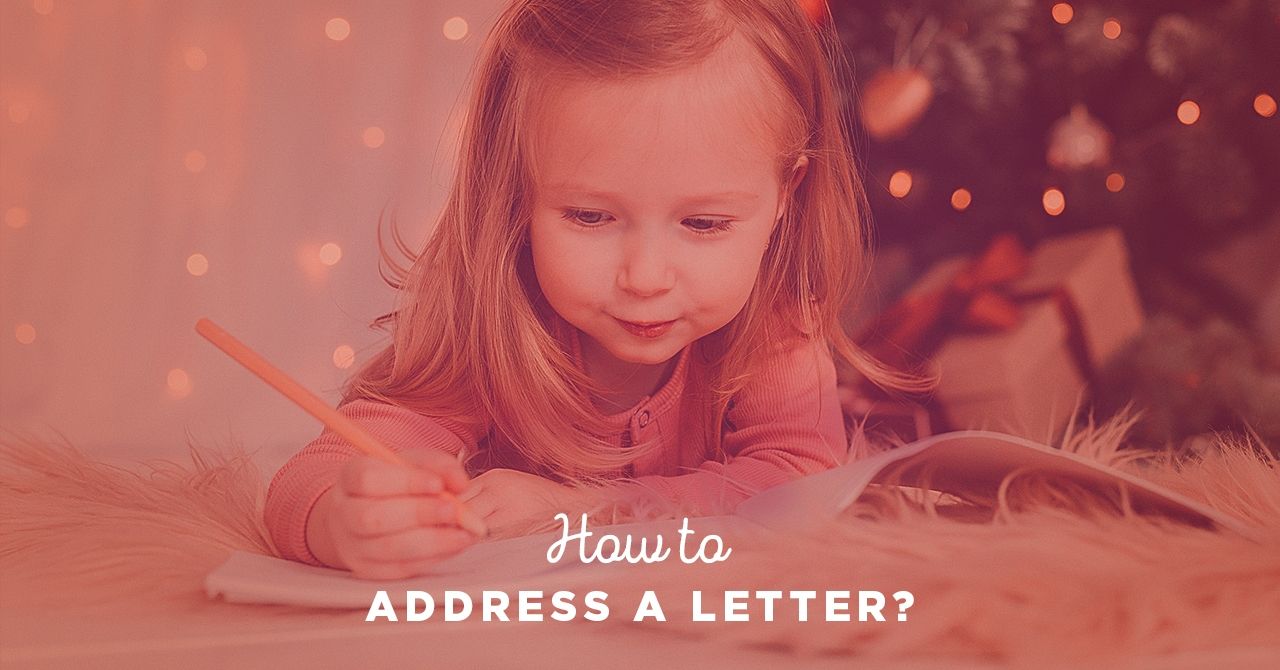Which is correct
Find correct options for writing and using some words and expressions

The meaning of “waiting with bated breath”
Practically the only context in which bated breath appears these days is following “with”—someone is waiting for something with bated breath, as referenced in the examples below.

The difference between every day and everyday
If you’re not sure whether you should use “every day” or “everyday,” you’re not alone. A lot of English language learners confuse them with each other.

Oneself or One’s Self—And What Kind of Word Is “Self,” Anyway
Do you know which is the correct way to write a reflexive pronoun derived from “one” that acts as a subject? Is it oneself or one’s self?

How to recognize and form a possessive noun
A possessive noun is a type of noun that shows something belongs to it. It’s a simple way to express ownership.

Examples of how and when to use an apostrophe
No matter whether you learned English from birth or have only started learning recently, you will undoubtedly have had trouble with apostrophes.

When to Use “That” vs. “Which” and the Clauses They Introduce
The rules for understanding the different uses of “that” and “which” are relatively straightforward, in that any defining clause requires “that,” while any non-defining clause requires “which.”

How to Use a Grammatical Conjunction Correctly with Examples
To put it simply, conjunctions are small words used between other words, clauses, or sentences to connect them.

How to Address a Letter
There are some things you must include when addressing formal or business letters. They are critical when you want to impress the recipient and get a quick response.